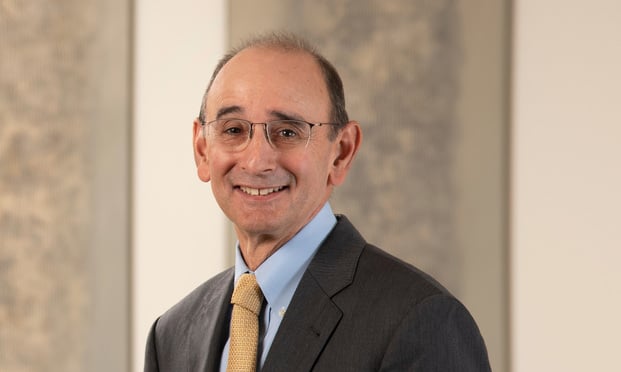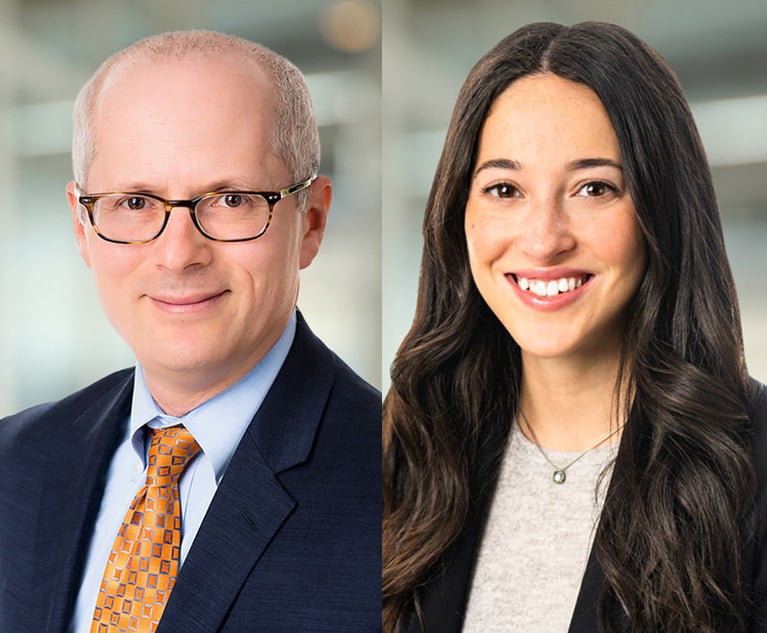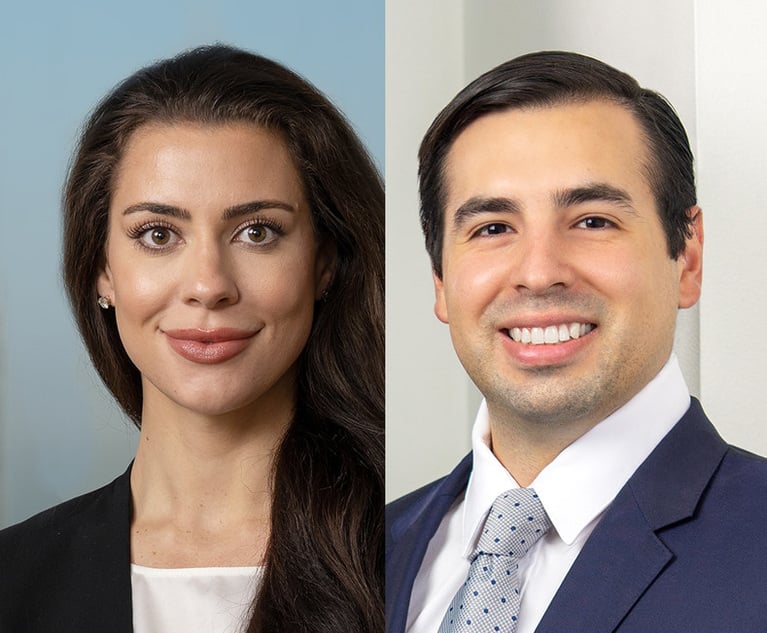Over a nearly 40 year legal career, Levine has made his presence strongly felt in the Pennsylvania legal landscape. In both his time as a Supervisory Assistant U.S. Attorney and in private practice, Levine has been at the forefront of the white-collar defense bar, prosecuting, defending and trying some of the most complex cases in the commonwealth, including successfully defending a court-appointed client all the way to the U.S. Supreme Court. He is known for his influence in the Pennsylvania legal community and reputation among both the prosecutorial and white-collar defense legal communities as an aggressive and ethical advocate committed to educating and mentoring others.
The legal profession is constantly evolving and that evolution only seems to have accelerated in recent years. What’s the biggest change you’ve seen in the profession during your career? I agree. This is not unique to the legal profession. Globalization, enhanced communication systems, and the ability to aggregate and analyze vast amounts of data have touched many economic sectors and resulted in different work styles, work products and work relations. I see three major changes: 1. The pervasiveness of electronics (computers, email, texting, social media, data storage, government investigative techniques) has thoroughly altered our work lives and compressed time. Clients have 24/7/365 access to counsel. Cases involve thousands or millions of documents stored electronically. Filings are done online. There are myriad ways for the government to track remotely a person’s activity. More efficient? Sometimes. More costly? Perhaps. More stressful? Likely. 2.The increasing globalization of industry and of law enforcement has created a hoard both of regulatory issues for the government and legal pitfalls for our clients. 3. This one is most troubling. Our institutions of justice—law enforcement, the courts, the bar—increasingly have been culturally delegitimized. Some of this has a basis in reality and warrants discussion and reform, e.g., how we define crime and the role of police in our communities, the elimination of bias and discrimination “baked into” policies, processes and systems, the intersection of money and justice. Some is the product of unfortunate hyper-partisanship and warrants civics education, e.g., bald political attacks on our judges.


 Ronald H. Levine senior counsel with Post & Schell.
Ronald H. Levine senior counsel with Post & Schell.




